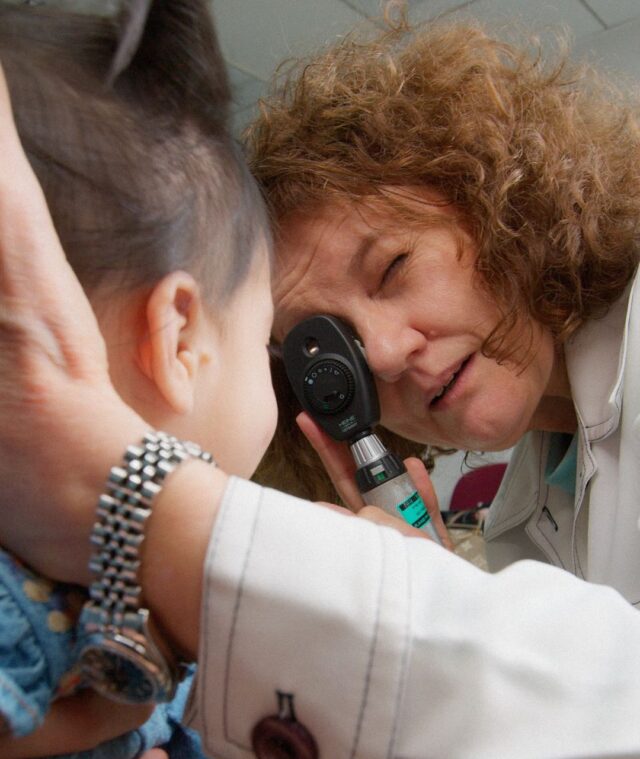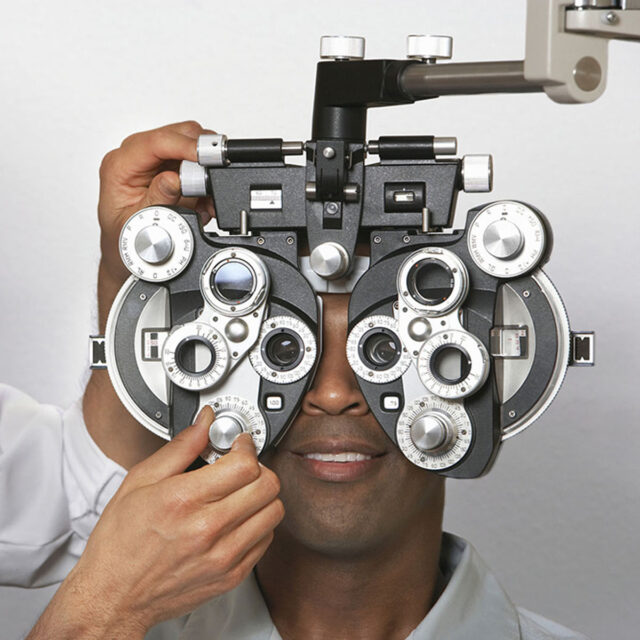Image by Vidmir Raic from Pixabay
All parts of the human body are vital since they have different key functions. Most of them have to work together to keep you healthy and help you perform optimally as well.
However, if you’re asked to rank the importance of all your body parts, you’ll likely put your eyes at the top of your list.
Your sense of sight connects you with and helps you gather data about your surroundings. They are crucial for helping you learn and keeping your mind sharp and alert.
Trusted eye doctors in Dubai also say that your sense of sight keeps you safe. If you can’t see or have poor vision, you are at a higher risk of getting into all kinds of accidents.
With such important roles, you need to take care of your eyes at all times to preserve their health and functionality, so you can rely on them to keep you safe and perform optimally.
Unintentional Habits That Can Ruin Your Eyesight
Having a balanced diet and getting enough sleep are the first things you have to do to keep your eyes and vision healthy.
However, making these your priorities is not enough. You have to unlearn some eye-damaging habits you may be unintentionally doing.
Below are some of the common bad habits for your eyes that you have to stop doing immediately:
1. Staring at a Screen for Too Long
Your computer, smartphone, tablet, and TV are some gadgets that you probably won’t be able to live without for a day.
Whether it’s for work or recreation, you likely use one or more of these to perform certain tasks.
Whatever your reason is for staring at a screen and regardless of its size, you may be doing it for long periods, which is actually bad for your eyes.
The average person blinks 15 to 20 times per minute. When you read a long email or watch a video, you blink less often – and less and less efficiently – which means you are not lubricating your eyes sufficiently, which can eventually lead to chronic dry eye syndrome and eye strain.
Staring at your device for extended periods is one of the bad eye habits that can be hard to unlearn. However, you can start by following the 20-20-20 rule.
This rule entails looking away from the screen every 20 minutes to stare at something 20 feet away from you for 20 seconds. You can do several good squeeze blinks in this time.
Try to remember to blink as often as you can, regardless of what you’re doing as well.
And if you suspect you already have dry eye syndrome, consult your ophthalmologist to find out which of the solutions for dry eyes is best for you.
2. Rubbing Your Eyes Often
If your eyes are itchy or irritated, your instinct would be to rub them. Common reasons to rub eyes include Allergy, Dryness, and being out of focus. This is another habit you have to unlearn, and find out what necessitates your rubbing.
When you rub your eyes, you might accidentally scratch your conjunctiva, the layer over the white of your eye, and the cornea, the clear covering on top of your iris and pupil, or even cause young eyes to become misshapen.
Additionally, you might put excess pressure on your eyes, which can cause you to break some blood vessels and lead to an injury.
If you can’t ignore your itchy eyes, place a clean, warm wet washcloth or cotton pad over your eyes for a few minutes.
Frequent eye itchiness can also be caused by dry eyes. Consult an eye specialist to get the right diagnosis and treatment.
3. Sleeping With Your Contacts On
If you wear contact lenses, there will be times when you’ll feel too tired to remove them before going to bed.
If you do this often, know that this is one of the worst habits that can severely ruin eye health.
Sleeping with your contact lenses on can cause different eye conditions. Your contacts can prevent oxygen from reaching your corneas, which can cause a sterile or even bacterial eye infection.
Therefore, removing your contacts before sleeping is one of the good eye care habits you have to develop.
Avoid sleeping in your daytime contacts, even if you’re just taking a nap. And if you accidentally fall asleep wearing them, remove them as soon as possible.
4. Not Wearing UV Protective Eyewear When You’re Outdoors
Ultraviolet (UV) rays are not only dangerous to your skin; they can also harm your eyes.
Frequent exposure to UV rays can damage your epithelium, cornea and iris. It can even cause Pterygium growths, cataracts and eyelid cancer in the long run.
Exposing your eyes to UV rays can also lead to photokeratitis, a type of eye sunburn.
To avoid these, one of the good eye health habits you must develop is wearing sunglasses with UV protection daily whenever you go out, not only during summers and sunny days. A good sized beak cap or wide rimmed hat providing shadow over your face and eyes wiil be helpful too.
UV-protective sunglasses block UV rays from getting to your eyes, reducing your risks for sun exposure-related eye conditions.
If you’re wearing eyeglasses, opt for lenses with a UV coating to protect your eyes whenever you go out. The frame should be large enough to cover eyes well, for the UV protection to be efficient. Polycarbonate, photochromic, and high-index plastic lenses provide the best kind of UV protection.
5. Sleeping With Your Makeup On
Going to bed without removing your makeup may seem like a harmless habit. However, this practice is unhealthy not only to your skin but your eyes as well.
When you make it a habit to sleep with your makeup on every night, you allow debris containing bacteria and other irritants to remain on and around your eyes.
This puts you at a higher risk of various eye infections and other diseases, like Dry Eyes.
Because of this, you need to unlearn the habit of sleeping with your makeup on and include removing it in your nightly routine before hitting the sack.
If you want to know how to protect your eyesight, unlearn these bad eye care habits. And include getting regular checkups from your ophthalmologist to ensure your eyes and vision are in excellent condition.
Call our clinic contact numbers to schedule an appointment with one of our eye specialists.








